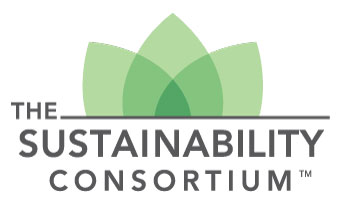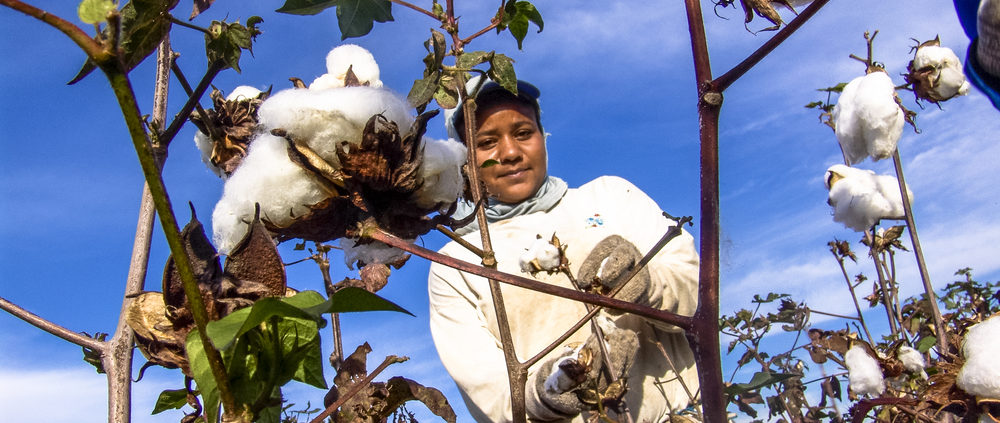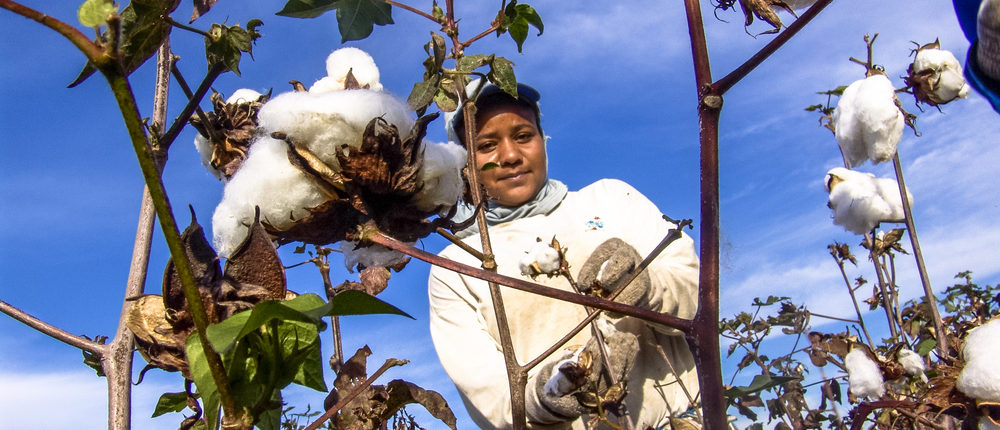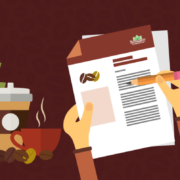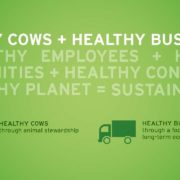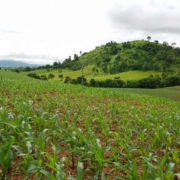How Much Do Big Agrifood Companies Really Know About Their Supply Chains?
News from Agfunder News
November 17, 2017
Consumers and investors today are looking closer than ever at the food they buy (or buy into) with concerns about pesticide use, water consumption, animal welfare, and biodiversity among others issues.
For consumers, decisions about what to buy are largely based on the claims that companies are able to make about the sustainability of their sourcing methods. And for investors, this is also increasingly a factor according to a rising chorus of sustainability directors for food and agriculture companies attending the Sustainable Agriculture Summit in Kansas City, MO this week.
“We have seen a huge uptick in inquiries: equal parts on social issues and environmental issues. It’s now often not necessarily whether, but how are you looking at environmental risks in your portfolio?” said Amy Braun, sustainability director for Kellogg’s.
The data used to answer the increasing questions around the sustainability bona fides of large agrifood corporates is the bread and butter for people like Braun, but the methods and tools used to collect this data are not keeping up with the pace of demand.
Overall claims of sustainable practices beyond food safety and quality at large corporate food and agriculture players are “generally lacking,” according to a report by the Sustainability Consortium on the procurement pipelines of these companies. Data gathering practices also vary greatly with both internal and external barriers in the way, according to the report that designed to find out how much businesses really know about the sustainability of the farms they sell to and buy from, and how they get the information they do have.
The commodities studied were corn, cotton, rice, soy, palm oil, and wheat. The consortium interviewed 14 major sellers and purchasers of these commodities to find out what they require of their suppliers and what kind of data they collect.
The companies interviewed include BASF, Bayer, Campbell’s Soup, Cargill North America, Dean Foods, Kellogg’s, Monsanto, Organic Valley, Pepsi Co, Pharmavite, Post Holdings, Syngenta, and Unilever.
Language Barriers and Trust Issues
The report asked each of these 13 companies what kind of data makes it into their sustainability statistics. Two of the companies integrate no farm or field level data at all into their sustainability metrics — surprisingly one is an agricultural input provider. Only three of the 13 companies interviewed collect farm data by actually visiting farms and fields and only two use what the report calls “precision ag technologies,” both of these agriculture retailers.
The most widely used tools to generate sustainability data are digital metrics tools such as Field to Market’s Field Print Platform and Cool Farm Tool, which allow users to input basic data and generate sustainability assessments.
What these methods often lead to is a theoretical assessment of sustainability metrics, rather than a reflection of the actual agricultural practices that went into a box of cereal or a grain-fed hamburger.
With the vast variety of sensors, remote sensing, and other precision agriculture tools along with digital farm management tools where farmers are already recording data, collecting actual numbers is technologically possible, but interview subjects laid out several fairly intractable barriers to gathering and using this data for sustainability assessments.
